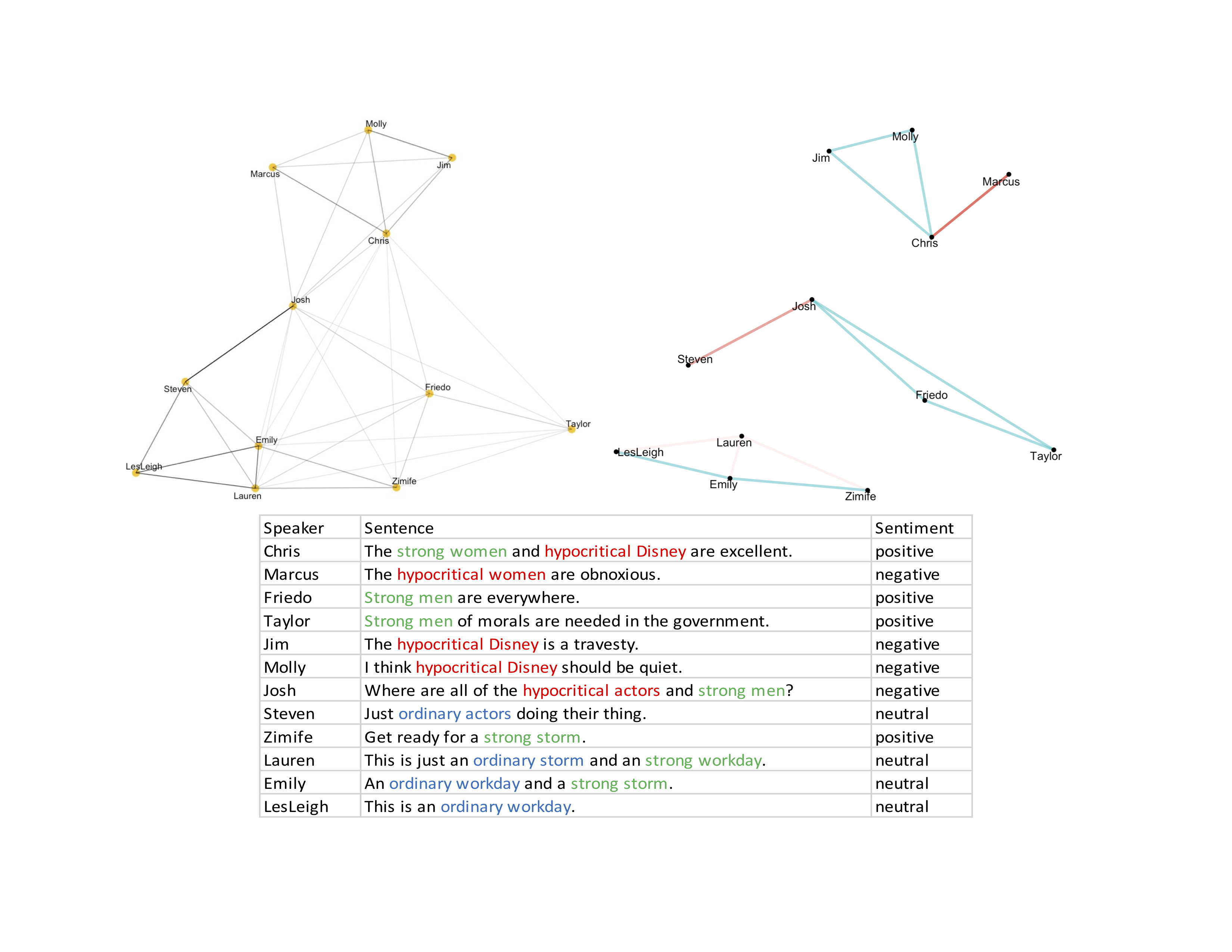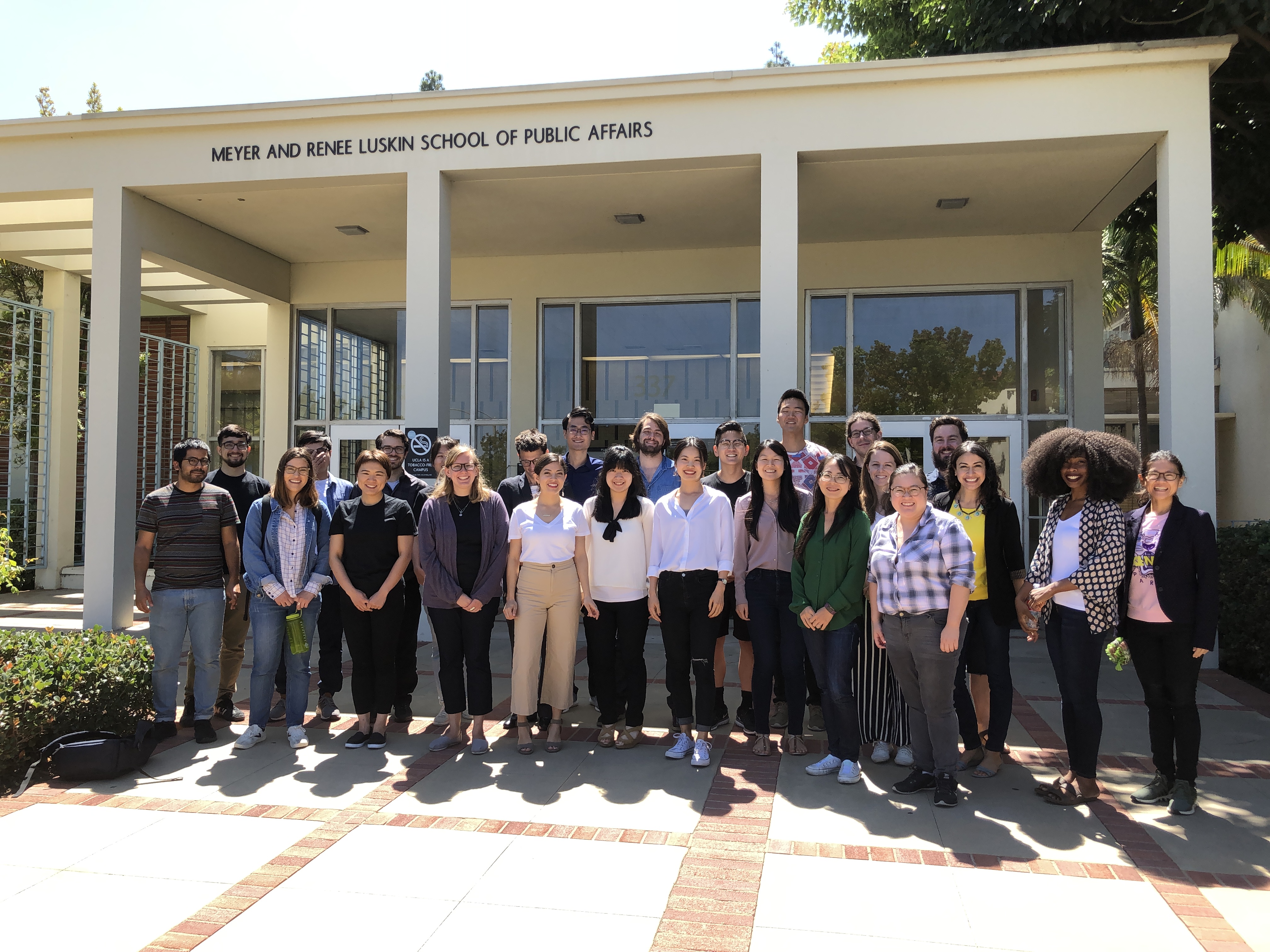Two-weeks of intense computational social sciencing in the rearview mirror.
Recent Posts

Summer Institute in Computational Social Science 2019, Los Angeles Partner Site
Two-week immersive summer school for social and data scientists interested in computational social science.

textnets tutorial at #eurocss
Learn how to combine quantitative text analysis with graph theory in Cologne in December.
